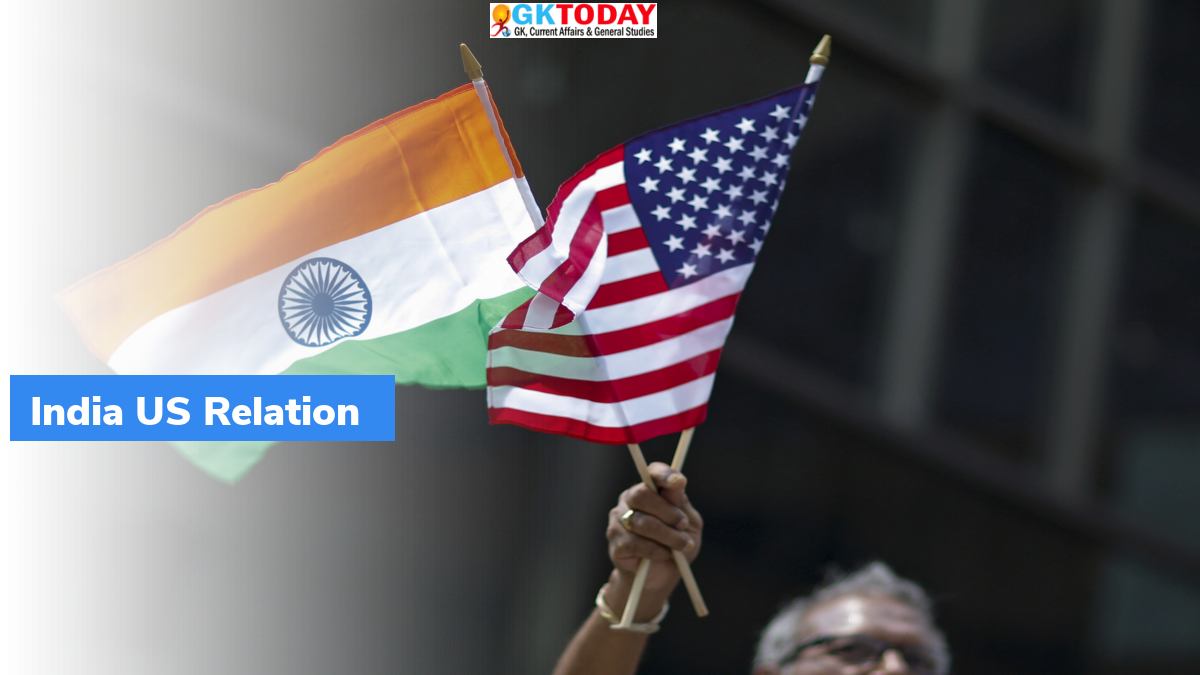India-US Bilateral Trade- Recent Trends
As a part of bilateral deal, India has agreed to allow import of pork and pork products from the US. The deal would also facilitate for exporting Indian mangoes and pomegranate to the US.
Key Points
- This decision was taken months after government from both the countries renewed the India-US Trade Policy forum (TPF).
- With the renewal of India US Trade Policy Forum (TPF), both the countries agreed to iron out issues including market access pertaining to the agriculture sector.
World Largest pork producer of pork
In 2020, US was the third-largest pork producer and second-largest exporter, worldwide, Global sales of these products valued at $7.7 billion. In the year 2021, US exported around $1.6 billion of agricultural products to India.
Export of Mangoes
Under the bilateral trade deal, India will start exporting mangoes. Export will start with Alphonso variant to the US in March, 2020. Under the signed framework agreement, both the countries will follow a joint protocol on irradiation for mango & pomegranate exports from India to the US and import of Alfalfa hay and cherries from the US.
Previous exports
In the financial year 2018, India had exported 800 MT of mangoes to US. Mangoes were worth $2.75 million, in terms of value. In FY19, 951 MT mangoes and in FY20, 1095 MT mangoes were exported. As per estimates, export of mangoes in 2022 is likely to surpass the figures in 2019-20.
India-US Bilateral Trade
Bilateral trade between India and US was at USD 88.75 billion in 2019-20. USA is among few countries with which India maintain a trade surplus. The trade surplus with USA increased to USD 17.42 billion in 2019-20, as compared to 16.86 billion in 2018-19. India was sixth largest supplier of services imports for USA, because of India’s large market, economic growth, and progress towards development.
What are the Issues in bilateral trade?
- Both the countries highlight the issue of tariff and non-tariff barriers besides, multiple regulations and practices that disadvantage foreign companies.
- Generalised System of Preferences (GSP) Programme– Under this programme, USA decided to withdraw duty-free benefits for Indian exporters.
- For India, USA’s temporary visa policies is another issue. This policy affects Indian nationals working in USA.
- They also have different opinion on how to balance IP protection, in order to incentivize innovation and support other policy goals.
Month: Current Affairs - January, 2022
Category: International / World Current Affairs


